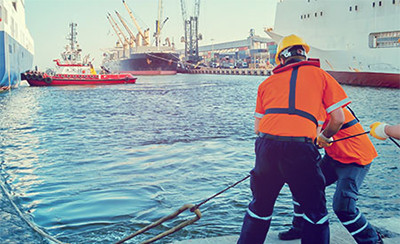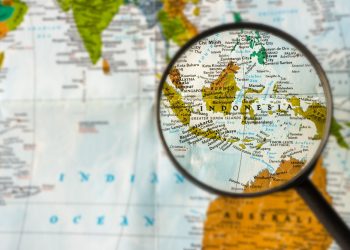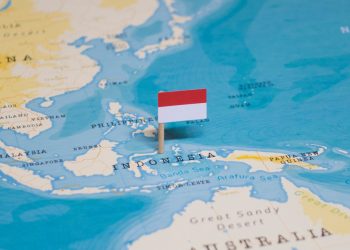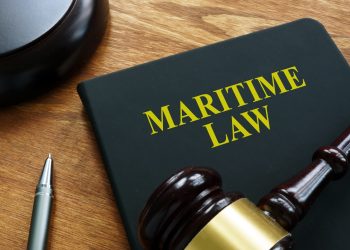The International Labour Organization announced that two states, Indonesia and Jamaica, deposited the instrument of ratification of the Maritime Labour Convention, 2006, as amended (MLC, 2006), on 12 and 13 June, becoming the 83rd and 84th state to ratify the MLC, respectively.
Indonesia is an important actor of international maritime trade, with a total merchant fleet to a gross tonnage of 15 million. In addition, due to its strategic geographical location, Indonesia’s major port Jakarta ranks amongst the top 20 ports of the world. Moreover, the country is an important labour supplying actor with 150,000 Indonesian seafarers.
In depositing the instrument of ratification of the MLC, 2006, Mr Hanif Dhakiri, Minister of Manpower of Indonesia, stated: “As one of the largest seafarer supply countries, we underscore the importance of the Convention to strengthen the protection of all seafarers and to further contribute to the promotion of international minimum standard of treatment of all seafarers. Indonesia stands ready to work together with the ILO Office and ILO constituents to implement the Convention with a view to enhance better work environment for the seafarers”.

In addition, Jamaica deposited with the Director General of the ILO the instruments of ratification of the Maritime Labour Convention, 2006, as amended (MLC, 2006) as well as of the Protocol of 2014 to the Forced Labour Convention, 1930.
Jamaica also has a strategically important position within the global liner shipping network and it is considered to be a hub in the global network in view of the high level of connectivity it offers despite a relative low level of trade.
Through the ratification of the Protocol, Jamaica follows in the footsteps of 13 other countries spread out all over the world, as it takes the lead in the Caribbean region in the fight against forced labour. A total of 21 million people are victims of forced labour around the world and the ILO estimates that this exploitation generates some US$150 billion a year in illicit profits. The Forced Labour Protocol requires governments to adopt new measures designed to prevent all forms of forced labour, including trafficking in persons, to protect victims and guarantee them access to justice and compensation.
On depositing these two instruments of ratification, Ms Shahine Robinson, Minister of Labour and Social Security, stated that with this ratification, Jamaica is demonstrating its commitment to ensure decent working conditions for seafarers through the application of international standards, while facilitating global commerce.
The Minister of Labour and Social Security also declared: “The ratification of the Protocol to the Forced Labour Convention reflects Jamaica’s commitment to combat trafficking in persons and reject forced labour in all its forms. Jamaica has a strong legal framework and a national taskforce that works to combat trafficking in persons. We will do our part in the renewed global effort to eradicate all forms of forced labour.”
On the occasion of both ratifications, the Director-General of the ILO, Mr Guy Ryder, expressed his delight that two strategically important maritime states are joining the global effort to promote decent living and working conditions for seafarers.
Specifically, for Jamaica’s ratification of the Protocol, he stated: “The ratification of the Protocol demonstrates its involvement in efforts to eradicate forced labour in the sub-region and brings us one step closer towards reaching the target of the 50forfreedom campaign – 50 ratifications by the end of 2018. In addition, through the ratification of the Maritime Labour Convention, as amended, 2006, Jamaica is also joining the global effort to promote decent living and working conditions for seafarers while ensuring a level playing field in the maritime industry.”































































